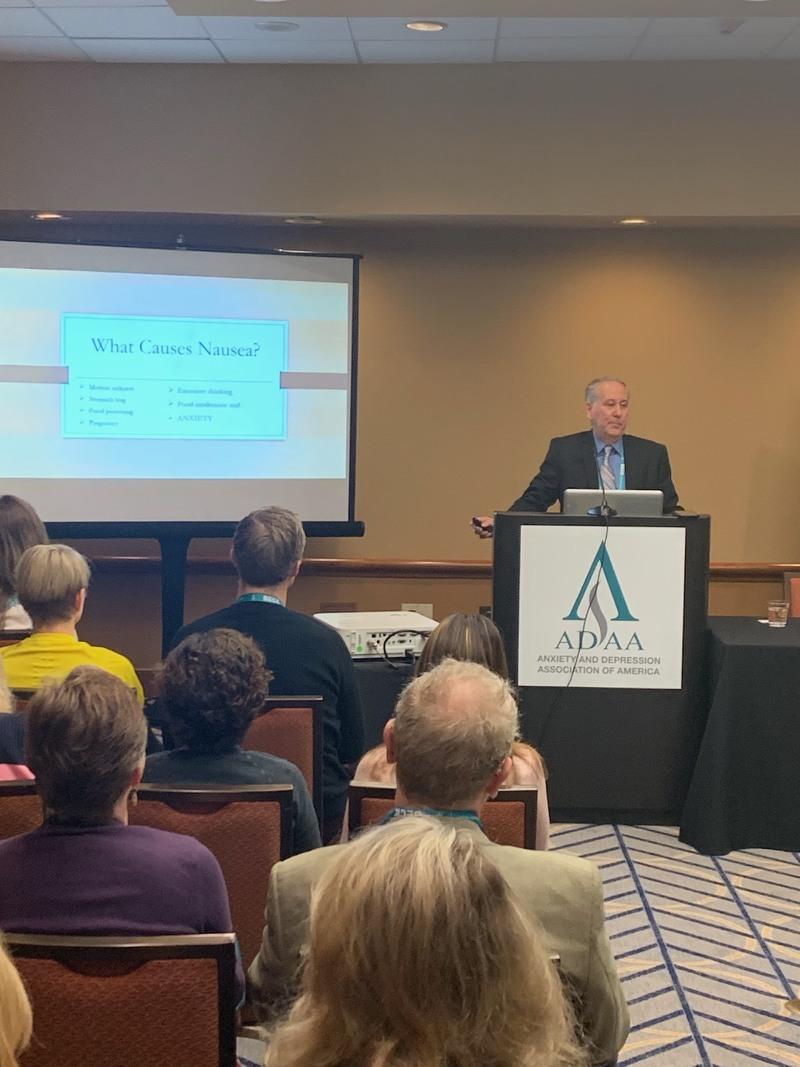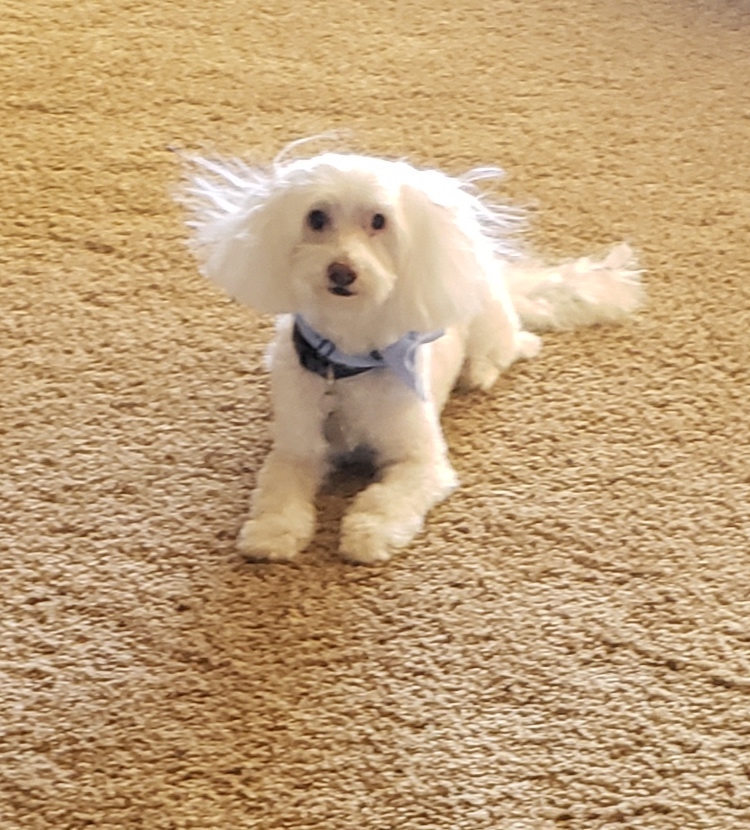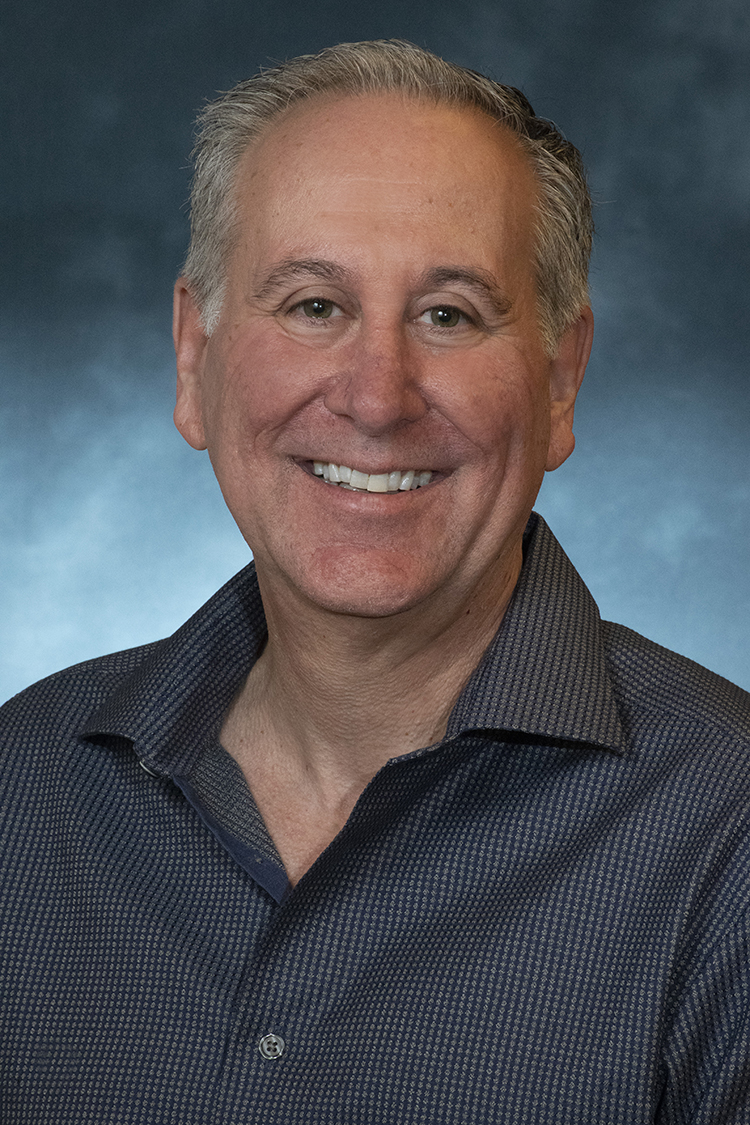Ken Goodman L.C.S.W.
Anxiety and OCD Therapy, Coaching, and Self-Help
Offices in Encino & Porter Ranch
kengoodmanlcsw@yahoo.com
Virtual Online Office
(818) 426-1780
Treatment



I Specialize in the Treatment of Anxiety and OCD
I work with kids, teens, and adults who suffer with anxiety and OCD. I am a member of the board of directors for the Anxiety and Depression Association of America (ADAA) and the founding director of QuietMindSolutions.com. I have authored and produced The Anxiety Solution Series, a 12 hour self-help audio program, The Emetophobia Manual, a book for people who suffer with the fear of vomit, Break Free from Anxiety, a coloring self-help book, and Stress Free, a compilation of six relaxation exercises.
I conduct workshops at universities and organizations including USC, UCLA, the annual conference for the ADAA and the International OCD Foundation. I earned my Bachelor’s and Master’s Degrees from UCLA and treat children, teens, and adults in my practice in Los Angeles. As a member of ADAA’s Public Education committee I have written several articles and have been featured in webinars and videos on the ADAA website.

Individual Therapy
In my 30 plus years working with patients, I have been a part of some of the most amazing transformations and I am honored that people trust me to share their personal stories. I will teach you practical tools and a specific strategy for overcoming your fears, worries, and compulsions and we work as a team, step-by-step, to help you achieve the freedom you desire. I conduct individual therapy at my office as well as sessions outside the office for people who have specific fears; elevators, heights, driving, crossing the street, etc. We take the tools I teach in the office and together confront what is most feared outside. Check out the Success Stories on this website to see what’s possible.Workshops
Several times a year I conduct workshops for my patients only. These groups center around a specific problem and are conducted in an office setting or out in the community. Previous workshop topics include fear of driving, emetophobia, panic disorder, social anxiety, and OCD. Participants come away feeling less alone as they receive support, validation, and learn from one another’s experience. The workshops I have led in the community for panic disorder have taken place in an escape room, at the Getty, in a subway, and on the Ferris Wheel at the Santa Monica Pier. As a group we confront these challenges together and implement what you have learned into practice. Participants walk away with a sense of pride and the realization that they can do more than they think.What is My Approach
Cognitive-Behavioral Therapy (CBT) has been empirically validated as the most affective treatment for anxiety. The focus is on identifying and changing thinking patterns as well learning how to face fears. Patients also learn skills to calm their mind and relax their body. In addition to cognitive-behavioral therapy I use other treatment modalities:- EMDR
- Hypnosis
- Exposure and Response Prevention (ERP)
- Acceptance Commitment Therapy (ACT)
- Mindfulness
- Solution-based treatment
Problems I have Successfully Treated
There are hundreds of fears and the list of obsessions is in the thousands. People who suffer with anxiety tend to be creative so I am never surprised when a patient shares something new. These fears and obsessions are often kept secret for years because of shame and embarrassment and I’m always touched when patients feel safe enough to open up. It’s the first step to conquering anxiety. When people suffer with anxiety they also tend to be depressed and have problems in their relationships or at work. These issues are also addressed in treatment.
Here is a partial list of the types of anxieties I have successfully treated:
- Panic attacks and a fear of panic attacks
- Excessive worry about anything and everything
- Compulsive behaviors and rituals like counting, touching, cleaning, etc.
- Past trauma: incest, rape, abuse, car accidents, crime victim, childhood bullying
- Social anxiety: Feeling uncomfortable in social situations
- Fear of choking
- Fear of closed spaces: elevators, underground parking, etc.
- Fear of crossing the street
- Fear of leaving the house and going places
- Fear of birds, dogs and spiders
- Fear of using public restrooms
- Fear of dying
- Fear of loved ones dying
- Fear of driving, as well as on freeways and out of their area
- Fear of heights
- Fear of getting lost
- Fear of going to sleep
- Fear of not being able to fall asleep
- Fear of killing a loved one
- Fear of being gay
- Fear of having major medical problems
- Fear of vomiting
- Fear of blushing
- Fear of sweating
- Fear of losing control of one’s bowels and having an accident
- Performance anxiety: sports, public speaking, sexual
- Fear of leaving your house or your comfort zone
- All types of obsessions or compulsions
People who have suffered with anxiety for their entire life or have tried treatment previously, seldom believe they can get better. But they can. This is one of the reasons why I specialize in the treatment of anxiety disorders. Please feel free to watch the success story videos and read the comments and letters on this site about group and individual therapy. This may give you some hope.
How Long Will Therapy Take?
There is no set answer to this question. The duration of treatment not only depends upon the severity of the symptoms, problems and stressors but also the motivation and effort made by the patient. The goal is to help people overcome their issues as quickly as possible.